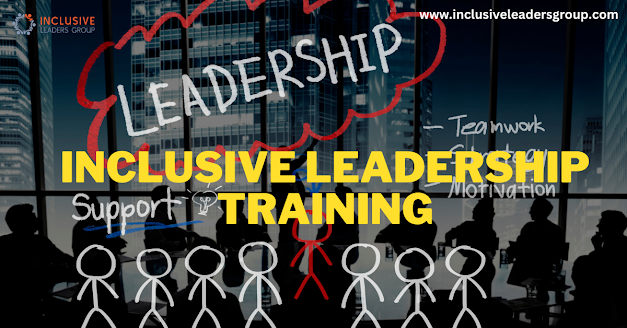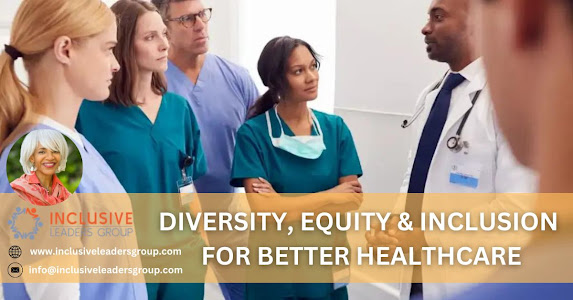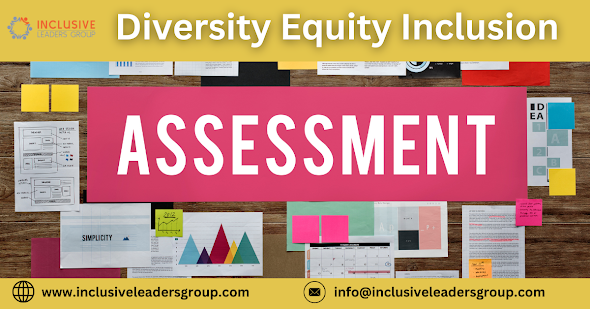The Benefits of Inclusive Leadership Training: ILG

In today’s rapidly evolving workplace landscape, inclusive leadership has emerged as a critical component for success. Companies are increasingly recognizing the value of diversity and inclusion (D&I) in fostering innovation, improving decision-making, and enhancing employee morale. To harness these benefits, organizations are investing in inclusive leadership training . In this article, we will delve into the world of inclusive leadership training, exploring its significance, key components, and the transformative impact it can have on both individuals and businesses. Understanding Inclusive Leadership Defining Inclusive Leadership Inclusive leadership is a leadership approach that goes beyond simply acknowledging diversity; it actively seeks to create an environment where every individual feels valued, heard, and empowered. It fosters a culture of inclusivity where differences are celebrated and leveraged for better outcomes. The Importance of Inclusive Leadership Inc...


